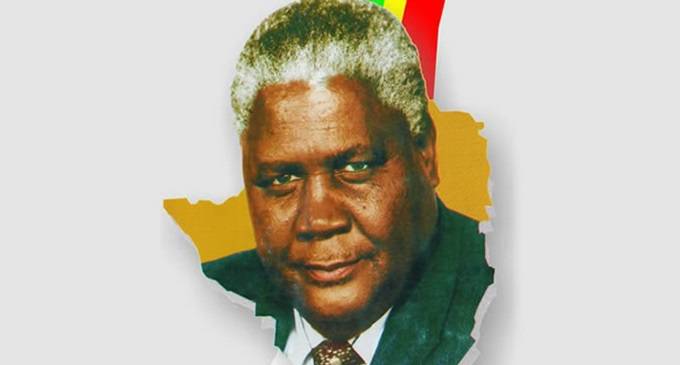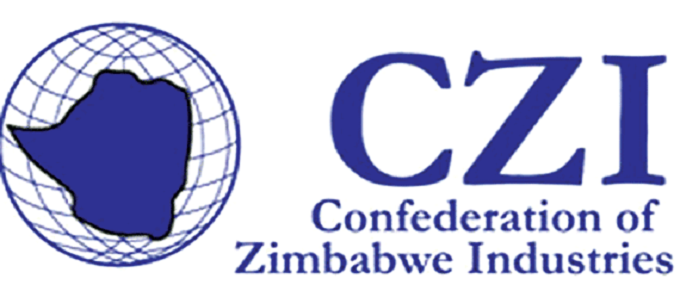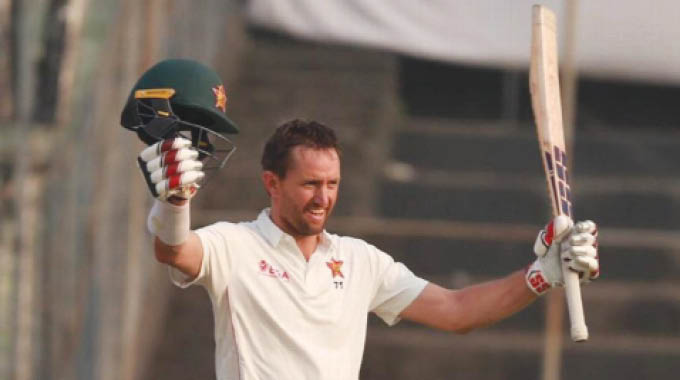EDITORIAL COMMENT: Government, Mat’land must work together to bring Gukurahundi issue to finality

THE decision by the Government to hold the main independence celebrations in Bulawayo this year is commendable coming as it does when the country is in a transformational phase driven by the Second Republic. The 40th commemorations of Uhuru are a special celebration and the choice of Bulawayo as a venue is apt given the city’s central role in the struggle for independence.
The nationalist movement began in the 1950s through trade unions led by the likes of the late Vice President Joshua Nkomo and metamorphosised into political parties such as the National Democratic party and later PF Zapu and Zanu-PF. Many struggle stalwarts called Bulawayo their home and iconic places such as Stanley Square in Makokoba were hotbeds of political activism.
On 18 April this year, President Mnangagwa will lead the nation in celebrating the Ruby Jubilee marking four decades since Zimbabwe attained majority rule. For the first time since 1980, the main celebrations will be held at Barbourfields Stadium — a historical milestone which embodies the New Dispensation’s devolution policy.
The move will not only further unite the people of Zimbabwe but is a loud and clear testament of President Mnangagwa’s determination to be as inclusive as possible. The independence celebrations also come at a time when the President is spearheading the resolution of the Gukurahundi issue — an emotive matter close to the hearts of the people of Matabeleland.
Yesterday, our sister paper, The Sunday Mail reported that President Mnangagwa is expected to convene a “consensus building meeting” with Matabeleland traditional leaders soon to coordinate and fast-track exhumations and reburials of victims of post-independence civil disturbances that rocked Matabeleland and parts of the Midlands province.
Exhumations and reburials of Gukurahundi victims are among the key resolutions agreed between Government and Matabeleland civil society groups and traditional leaders when they met with the President in March last year. A follow-up meeting held on February 14 established that progress on implementing last year’s resolutions — which include the issuance of civil documents to surviving children of victims of the disturbances and ceding the Matabeleland Zambezi Water Project to locals — was being held up by funding constraints and bureaucracy.
President Mnangagwa, who is following through on his promise to ensure that the country confronts its ugly past, has since undertaken to superintend over the implementation process.
On Friday, the Minister of Home Affairs and Cultural Heritage, Kazembe Kazembe, led a Government delegation that included Registrar-General Clemence Masango and Justice, Legal and Parliamentary Affairs Permanent Secretary Mrs Virginia Mabiza to lay the ground for the commencement of issuance of civil documents to surviving spouses and the victims’ children.
Mrs Mabiza, who is head of secretariat in the engagement and dialogue with Matabeleland civil society organisations, said the delegation “shall mostly deal with logistics for providing birth certificates”.
“Most of the issues that are outstanding are to do with the Ministry of Home Affairs and the Registrar-General, and that is to do with the issuance of birth and death certificates,” she said.
The team will also meet the civil society leadership. Ceding of the Zambezi Matabeleland Water Project, she added, was already at an advanced stage. “We have been acting on some of the socio-economic needs such as provision of water through drilling boreholes.”
She said President Mnangagwa will “soon” preside over a consensus-building meeting to prepare for commencement of exhumations and reburials. Government is reportedly exploring ways to facilitate legally and culturally acceptable processes. Mrs Mabiza said: “On the other difficult issues such as exhumations and reburials, we will soon have a consensus-building meeting with chiefs, civil society groupings and other stakeholders, including the National Peace and Reconciliation Commission, to plan the way forward. “After the consensus-building exercise, we will then craft a way forward in terms of how to facilitate the exhumations. This will bring on board our development partners and any interested funders to bankroll the exercise.”
We are glad that the Government is moving speedily to bring finality to the Gukurahundi issue. This is critical for nation building, cohesion and unity of purpose. In this vein we call on the people of Matabeleland to work together to ensure that the sensitive matter is resolved once and for all.
We also urge them to embrace the forthcoming independence celebrations and deliver a memorable event. The commemorations should bring Zimbabweans together in their diversity.
It is an occasion for the three Matabeleland provinces to show what they are made of. It is of course a litmus test for the organisers given the huge resources required to deliver a spectacle.
We are however, confident that those tasked with putting the event together will tackle the challenge head on.
Bulawayo is a melting pot of cultures and is renowned for its warmth and friendly people. Independence Day this year presents the city with an opportunity to showcase its attractions to the world while also bringing the whole of Zimbabwe together.










Comments